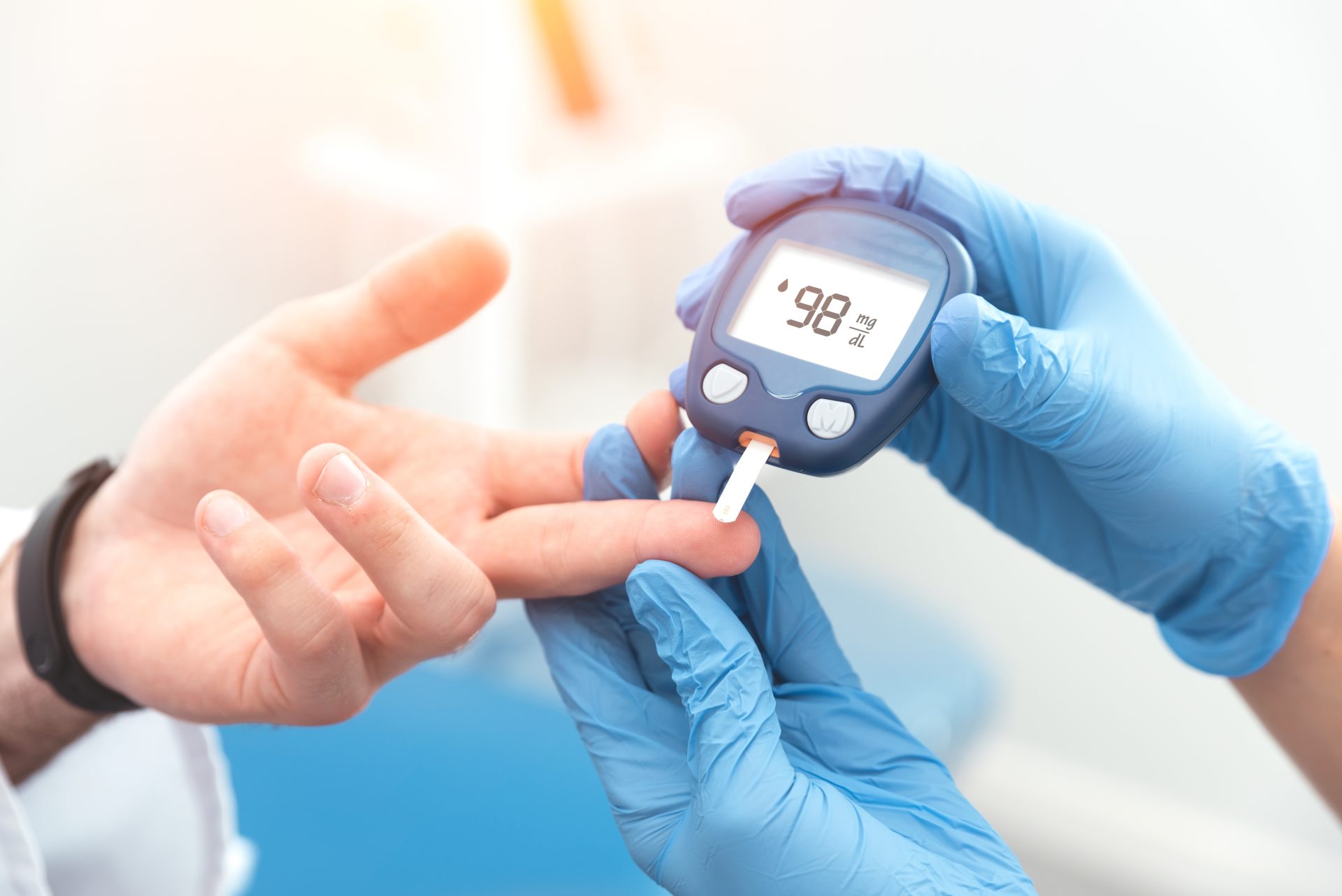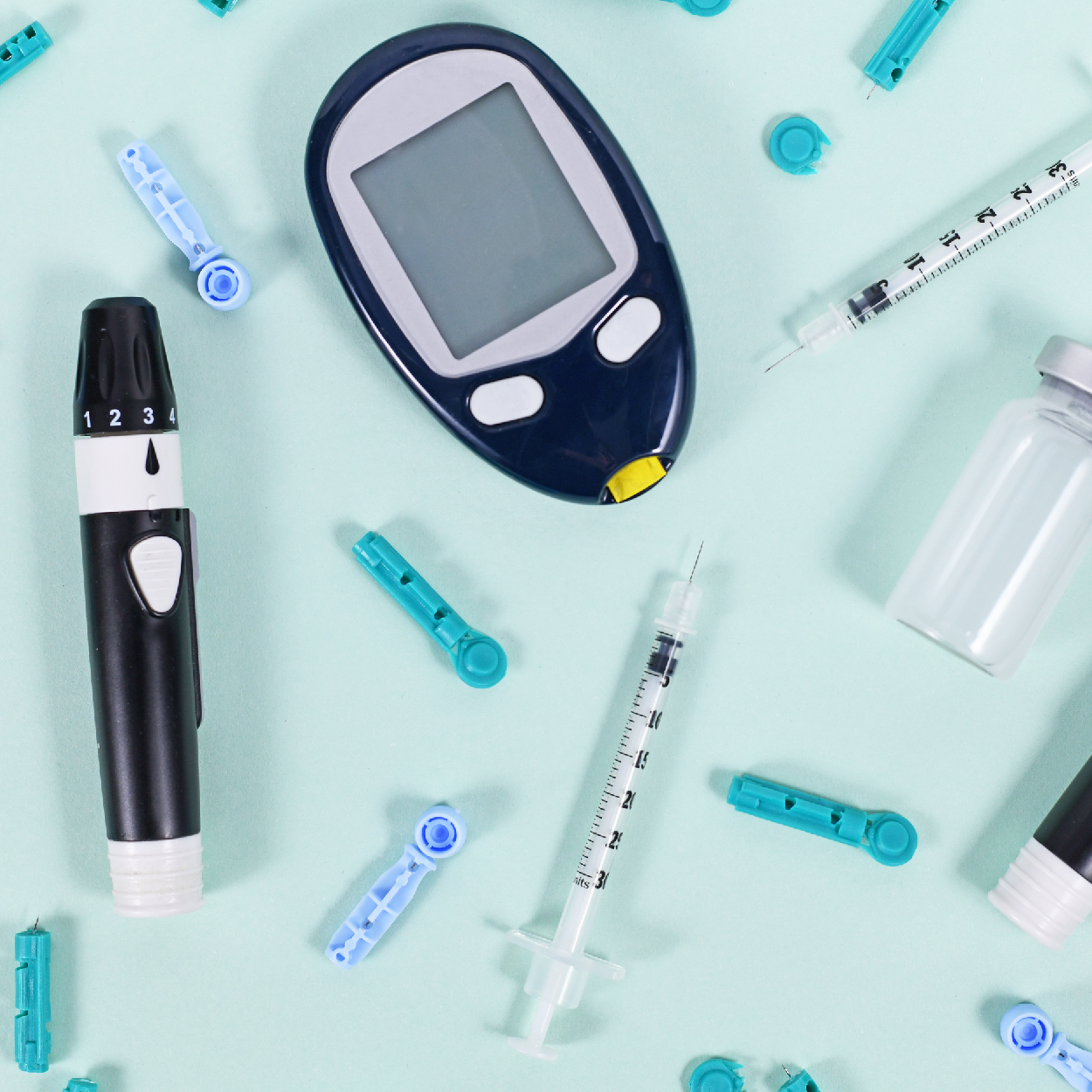Tresiba (degludec) is a new-generation basal insulin with an ultra-long duration of action of more than 42 hours as reported by the company. This insulin product is already approved and launched in the European Union, Japan and other markets. The Food & Drug Administration (FDA), last year after a review for a proposed marketing the insulin product in the U.S. , requested extra data to evaluate cardiovascular risks. Novo Nordisk is on track to conduct an interim analysis by the end of 2014, potentially allowing it to submit data to the FDA in the first half of 2015 and potentially launch the product in the U.S. in 2016.
Insulin degludec, a once daily subcutaneous injection, is a modified insulin that has one single amino acid deleted in comparison to human insulin, and is conjugated to hexadecanedioic acid via gamma-L-glutamyl spacer at the amino acid lysine at position B29. It’s unique modification provides a duration of action that lasts longer compared with existing basal insulin product (18 to 26 hours provided by other marketed long-acting insulins such as insulin glargine and insulin detemir). Furthermore, Insulin degludec has an onset of action of 30–90 minutes (similar to insulin glargine and insulin detemir).
Tresiba is suitable for use in treating patients of ages 18 years and older with either type 1 diabetes or type 2 diabetes. However, this insulin product may not be suitable for people that experience reactions to glycerol, metacresol, phenol or zinc acetate. This insulin product is available as standard strength 100 units/mL or double strength 200 units/mL.
Studies have shown that patients taking insulin degludec needed to take significantly smaller doses of basal insulin than those taking insulin glargine, while achieving similar blood glucose levels. Insulin degludec also has the ability to be mixed with other insulins, which cannot be done using current basal insulins, thereby improving compliance with medication therapy.
Research trials evaluated patients with type 1 and type 2 diabetes. In studies evaluating patients with type 1 diabetes, insulin degludec was studied as an alternative to insulin glargine in addition to meal-time insulin aspart as part of a basal-bolus regimen with the following results:
- After 52 weeks, patients treated with insulin degludec produced similar (noninferior) reduction in hemoglobin A1c (HbA1c) Vs. insulin glargine
- Rates of nocturnal hypoglycemia (between midnight and 6am) were 27% lower in patients treated with insulin degludec 3.91% vs. 5.22% with insulin glargine(p=0.024).
In the BEGIN Basal-Bolus Type 2 trial, in which patients with type 2 diabetes were evaluated, insulin degludec was studied as an alternative to insulin glargine in addition to either mealtime insulin as part, metformin, and/or pioglitazone . The following results were reported:
- After 52 weeks, patients treated with insulin degludec produced similar ( noninferior) reduction in HbA1c Vs. insulin glargine
- Overall rates of hypoglycemia were significantly lower with insulin degludec 11.09%/yr Vs. 13.63%/yr with insulin glargine ( p=0.0359)
- Cases of nocturnal hypoglycemia were 1.39%/yr with insulin degludec Vs. 1.84%/yr with insulin glargine (p=0.0399)
Other studies compared Tresiba with insulin glargine, insulin detemir or sitagliptin in addition to other diabetes medications or rapid-acting insulin at mealtimes if needed. The following results were reported:
- Tresiba was at least as effective as other long acting insulin products in controlling blood glucose levels
- Tresiba was more effective than sitagliptin in patients with type 2 diabetes in improving glycemic control
As a clinician, I often battle complaints of hypoglycemia during the day and night in addition to issues of non-adherence with insulin regimen. I believe that Tresiba will add benefit to our armament of insulin products once it comes on the market, especially for patients with significant insulin resistance. The double strength of Tresiba may be useful for people with stronger insulin resistance that require larger doses of insulin. One of the benefits of insulin degludec is that it’s longer duration of action allows doses to be taken at different times of day. This means there is significantly more flexibility at the times when doses are taken to suit the lifestyle of every patient.
Improvement in compliance with insulin regimen will also be enhanced by the ability to mix this basal insulin with bolus insulin; thus, reducing the burden of injections. The reduced risk of nocturnal hypoglycemia that was reported in patients with type 1 and type 2 diabetes may add another benefit and may also improve the confidence of patients with their insulin regimen.




